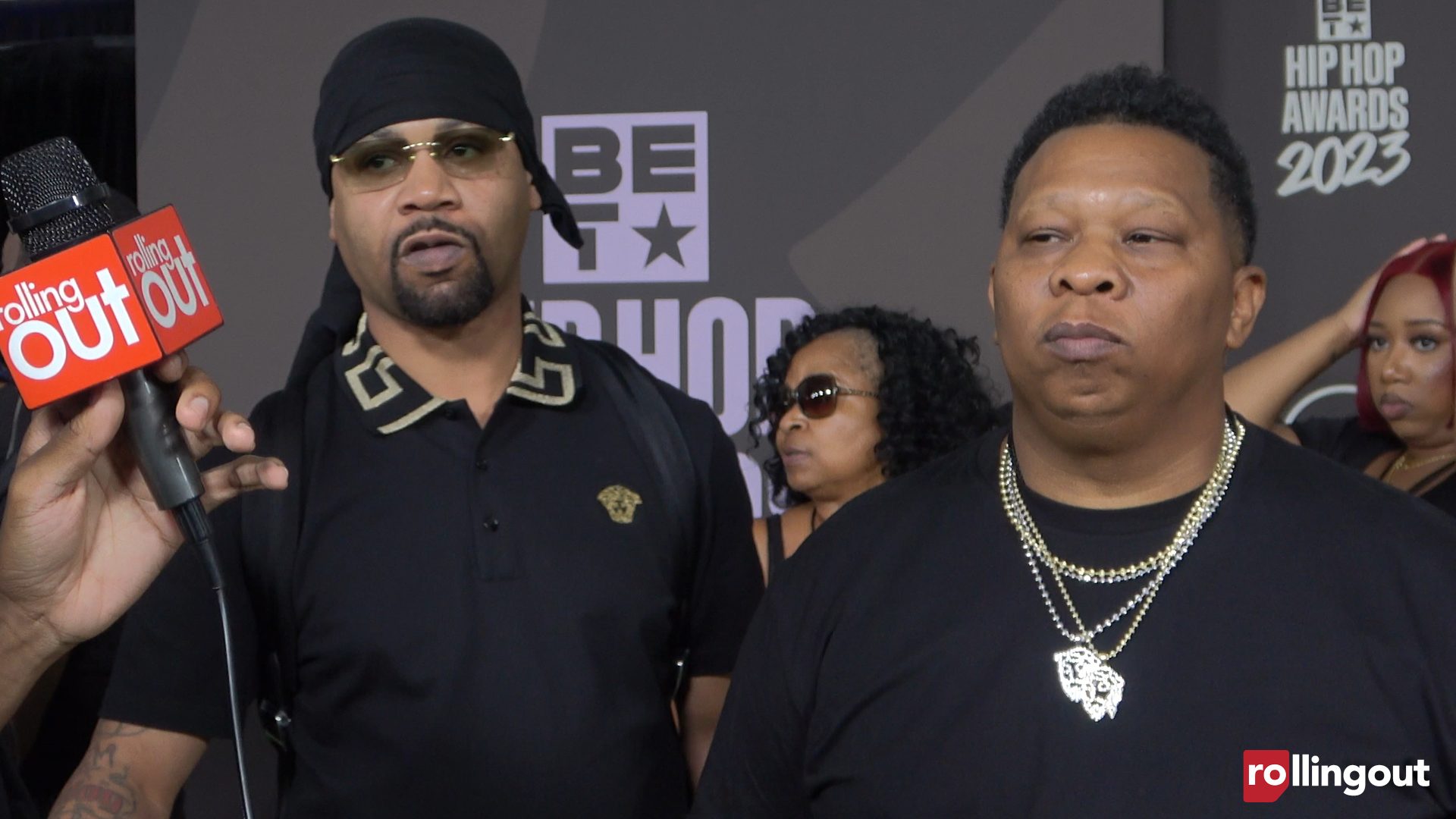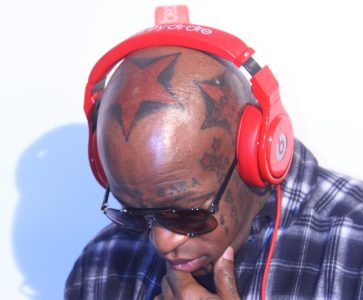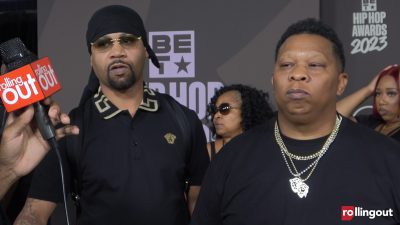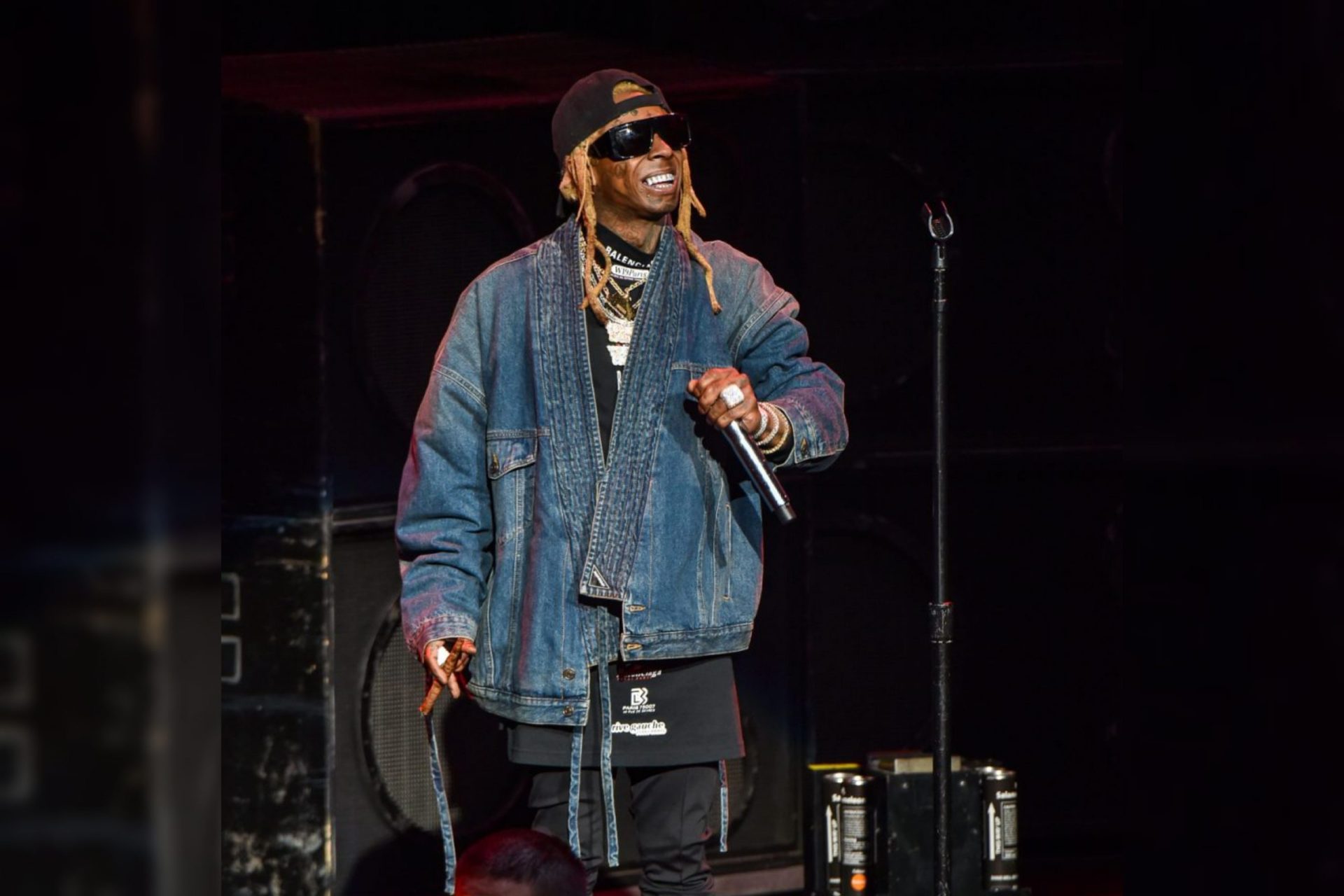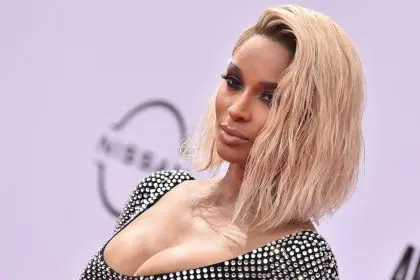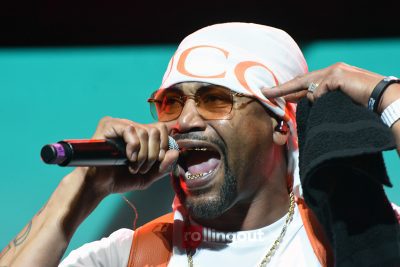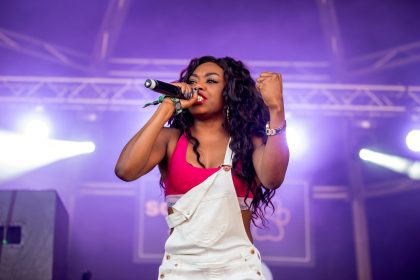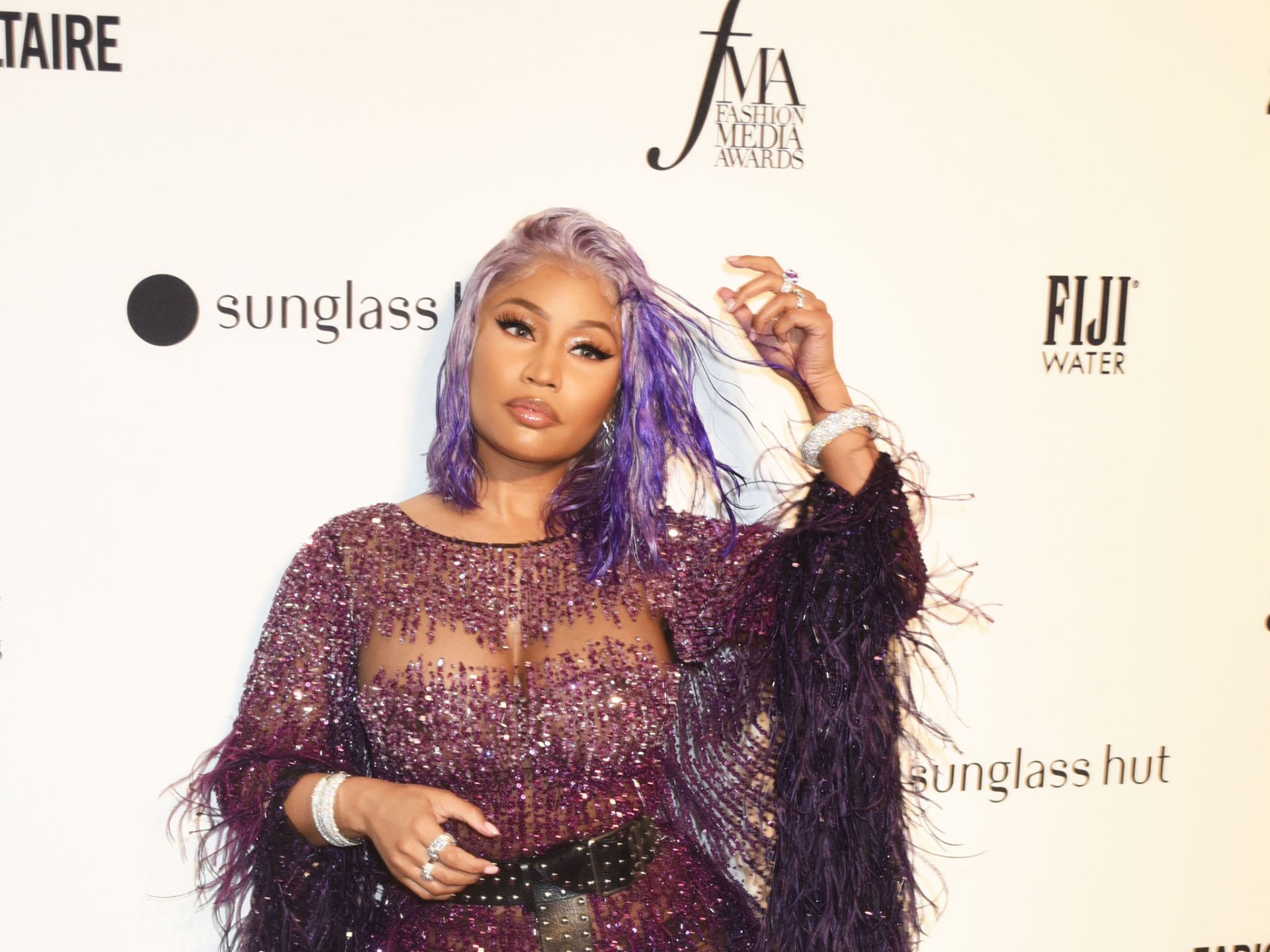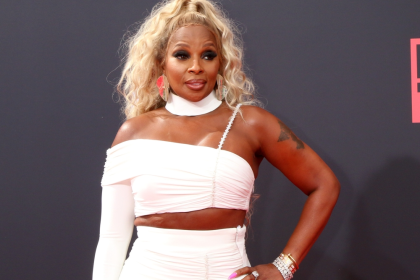Hip-hop legend Juvenile revealed intense creative conflicts with producer Mannie Fresh during the recording of “Back That Azz Up” on Uproxx’s “Fresh Pair.” He described the studio atmosphere as a “war,” expressing initial resistance to Fresh’s beat: “That’s not what I rap to, bro. I see where you at with it,” he mentioned.
Under time pressure, Juvenile developed the song’s iconic hook through improvisation. “I ain’t have time to write so I took one word, the ‘yeah’ – same thing with ‘Huh.’ I took one word and I just finessed it all the way through.”
The 1998 hit continues generating revenue through samples, including Drake’s 2011 track “Practice.” Juvenile maintains publishing rights with Fresh, encouraging further sampling: “Me and Mannie Fresh still own our publishing and everything so please, sample it,” he stated.
Regarding Drake’s version, Juvenile initially displayed confidence in clearing the sample without hearing it: “This is Drake, muthafucka. I don’t need to fucking listen to it. Let’s clear it.” He later praised Drake’s creative interpretation: “Drake always do things his own way, so I wasn’t expecting him to do it the way I did it,” he said.
Industry observers note how the song’s enduring success demonstrates the importance of maintaining publishing rights. The track’s influence extends beyond its era, inspiring new interpretations while generating continued revenue through strategic ownership.
The revelation offers insight into hip-hop’s creative process, showing how studio tensions can produce lasting hits. Juvenile’s experience highlights the value of artistic compromise and business acumen in music industry success.
Music historians point to “Back That Azz Up” as a prime example of New Orleans bounce music’s influence on mainstream hip-hop, with its impact still felt in contemporary productions.
The song’s journey from contentious studio sessions to cultural phenomenon illustrates the unpredictable nature of hit-making in hip-hop.
Production experts emphasize how the track’s innovative sound helped establish New Orleans’ distinctive voice in hip-hop, influencing generations of Southern artists.
Financial analysts note the song’s sampling history demonstrates the long-term value of maintaining publishing rights, particularly as streaming platforms create new revenue opportunities.
Contemporary producers cite the track’s creation story when discussing the importance of pushing through creative differences to achieve breakthrough results.
The interview reveals how initial artistic resistance can lead to groundbreaking innovation, with Juvenile’s improvised approach creating an enduring hip-hop classic.
Impact studies show the song’s influence on dance culture extends beyond music, affecting fashion, film and social media trends for over two decades.
Industry veterans point to Juvenile and Fresh’s continued ownership as a model for artists navigating music business rights and revenue streams.

